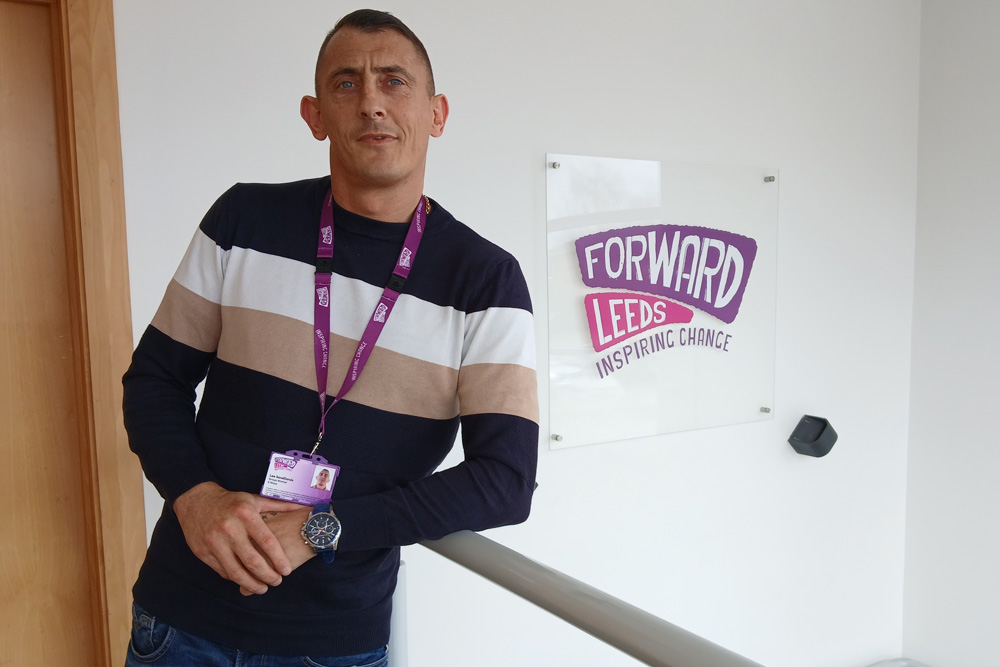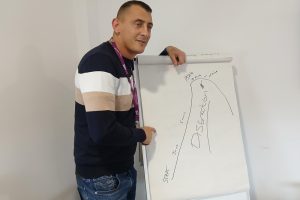
A groundbreaking initiative is giving prisoners a new perspective on alcohol and drugs, thanks to the efforts of Forward Leeds Group Worker Lee Sandilands.
Recognising a gap within prisons, Lee has developed a unique five-week programme of structured education that delves into the science behind addiction, aiming to empower participants with knowledge to support their recovery journey.
While many prisons offer peer-support and 12-step programs, Lee has identified a critical missing piece—an evidence-based understanding of the biology, psychology, and behavioural science of addiction. By bridging this gap, the initiative not only helps individuals reflect on their past experiences but also provides a solid foundation for long-term change.

Lee explains: “The course explains what drugs, including alcohol, do to your body. The effects it can have both short and long-term. Why that desire to keep using is so strong in the face of the overwhelming evidence that it is doing you physical, social and emotional harm. Through this course, people are placed to understand where dependency comes from”.
This structured group work approach offers prisoners a chance to engage with their recovery in a way that traditional support groups don’t always provide
Lee continued: “12 step programmes are great. They tend to focus on personal stories and experiences to provide peer-support. The courses we are offering focus on helping people understand why, when we use substances over a long time, they can become everything to us and we lose interest in our hobbies, jobs and even loved ones.”
Currently, the programme is being delivered in six prisons across Yorkshire and the Humber, with plans for expansion. On successful completion participants even go through a brief graduation ceremony, with a certificate, to show they have completed the course.
For those returning to Leeds, it highlights how they can get the ongoing support from Forward Leeds they need, whether at our treatment hubs or at 5 WAYS. For those returning to other parts of the country, they are signposted to the local recovery and support services that are available to them.


